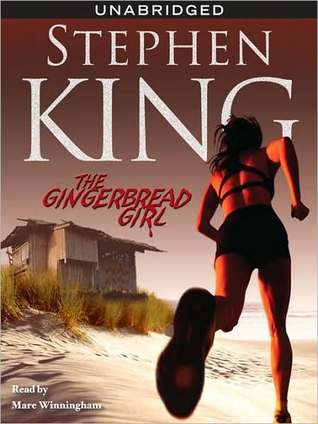
Two Past Midnight: Secret Window, Secret Garden
Book Description
A man sits alone in a dimly lit room, haunted by a peculiar tale that blurs the line between reality and fiction. As he grapples with the chilling consequences of his own imagination, his life spirals into a labyrinth of suspense and dread. When a mysterious figure emerges from the shadows, long-buried secrets threaten to shatter his fragile existence, unraveling the very fabric of his sanity. With every twist and turn, the stakes rise—drawing in love, betrayal, and the ultimate question of what it means to truly create. Will he escape his self-imposed nightmare, or will it consume him entirely?
Quick Book Summary
"Secret Window, Secret Garden" by Stephen King is a chilling novella that explores the tormented mind of Mort Rainey, a successful writer whose life unravels when a mysterious stranger named John Shooter appears at his doorstep. Shooter accuses Mort of plagiarism, demanding both an acknowledgment of wrongdoing and retribution. As Mort attempts to prove his innocence, increasingly bizarre and violent events transpire, blurring the line between reality and fiction. Haunted by guilt from his failed marriage and doubts about his own sanity, Mort is pulled into a psychological nightmare where his identity and creative legacy are at stake. King masterfully escalates suspense and dread, probing the shadows of the creative process and the horror that can emerge when imagination turns dangerously real.
Summary of Key Ideas
Table of Contents
Blurred Boundaries Between Reality and Fiction
Stephen King's novella centers on Mort Rainey, an author retreating into solitude after a painful divorce. Mort is struggling not only with writer's block but also with the emotional fallout from his broken marriage. His isolated existence in a lakeside cabin is upended when John Shooter, a menacing stranger, arrives with allegations that Mort has stolen his story. The tension mounts as Mort attempts to distance himself from the accusation, but the threat quickly becomes more than a mere inconvenience, turning into a psychological siege.
The Weight of Guilt and Past Trauma
The plot thickens as each effort by Mort to clear his name results in further chaos. Evidence that might exonerate him begins to disappear inexplicably, and disturbing acts of violence occur, implicating Mort. This relentless pressure begins to erode Mort's grip on reality, trapping him in a narrative where his own identity is in question. King crafts a haunting portrayal of how unresolved guilt, particularly surrounding Mort's marriage and past decisions, can manifest as psychological torment and self-destruction.
Obsession, Madness, and Identity Crisis
A major thematic thread in the novella is the blurred division between fiction and reality. Mort is forced to confront how the stories he crafts can become so real that they threaten to overtake his life. Shooter is at once a tangible threat and a possible figment of Mort's imagination— a representation of his inner demons. This ambiguity creates a mounting sense of dread, forcing both Mort and the reader to question what is true and what is imagined, as Mort spirals further towards madness.
The Dark Side of Creativity
Underlying the suspense and horror is King's commentary on the creative process. Mort's predicament is not just about professional integrity but about the darker aspects of inspiration and authorship. The story raises questions about ownership of ideas, the responsibility of the creator, and the fine line between brilliance and insanity. As Mort turns increasingly obsessed and paranoid, the consequences of his isolation and unchecked imagination become as terrifying as Shooter's threats, culminating in a conclusion that leaves the boundaries of reality irreparably blurred.
Download This Summary
Get a free PDF of this summary instantly — no email required.





